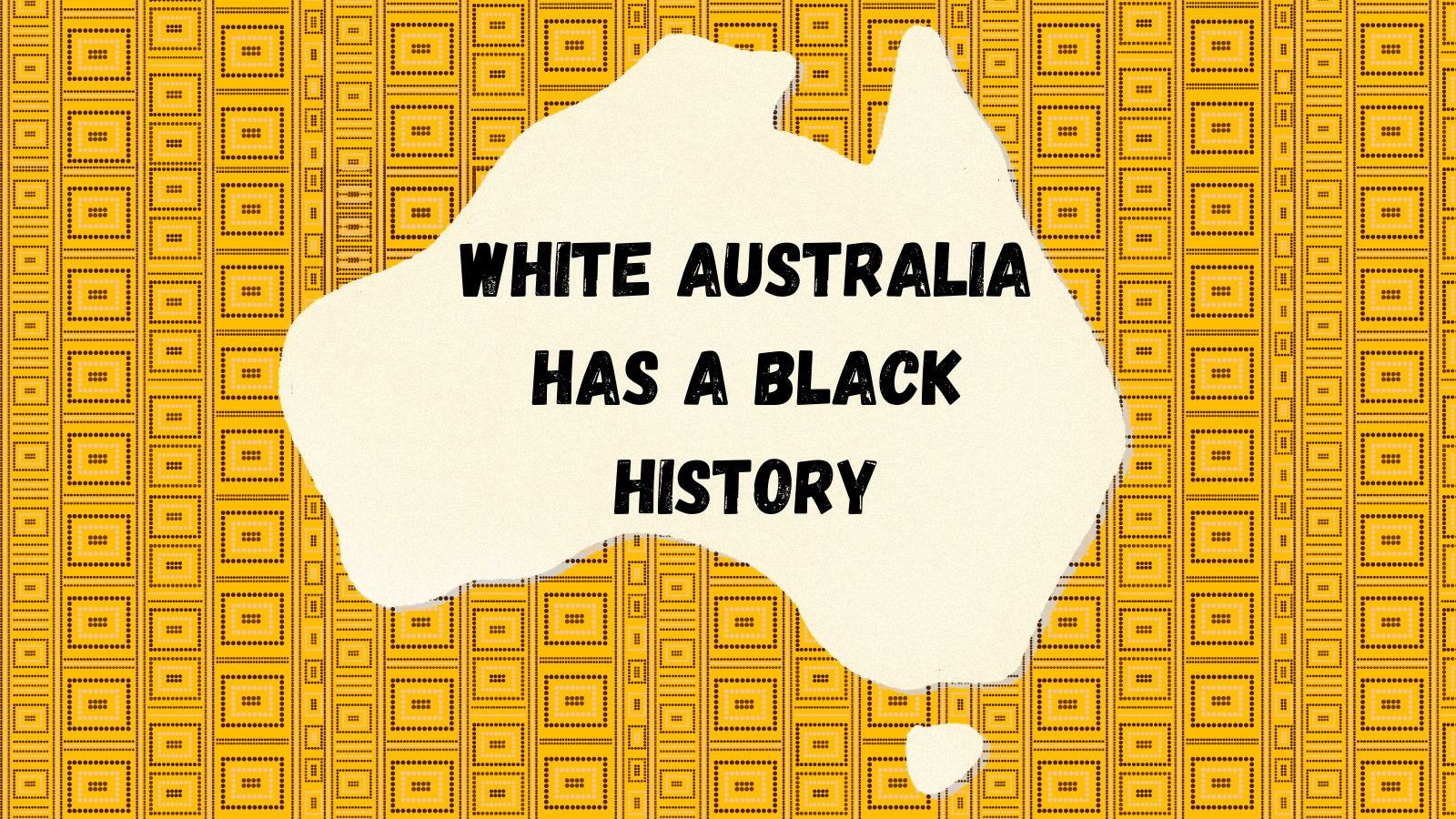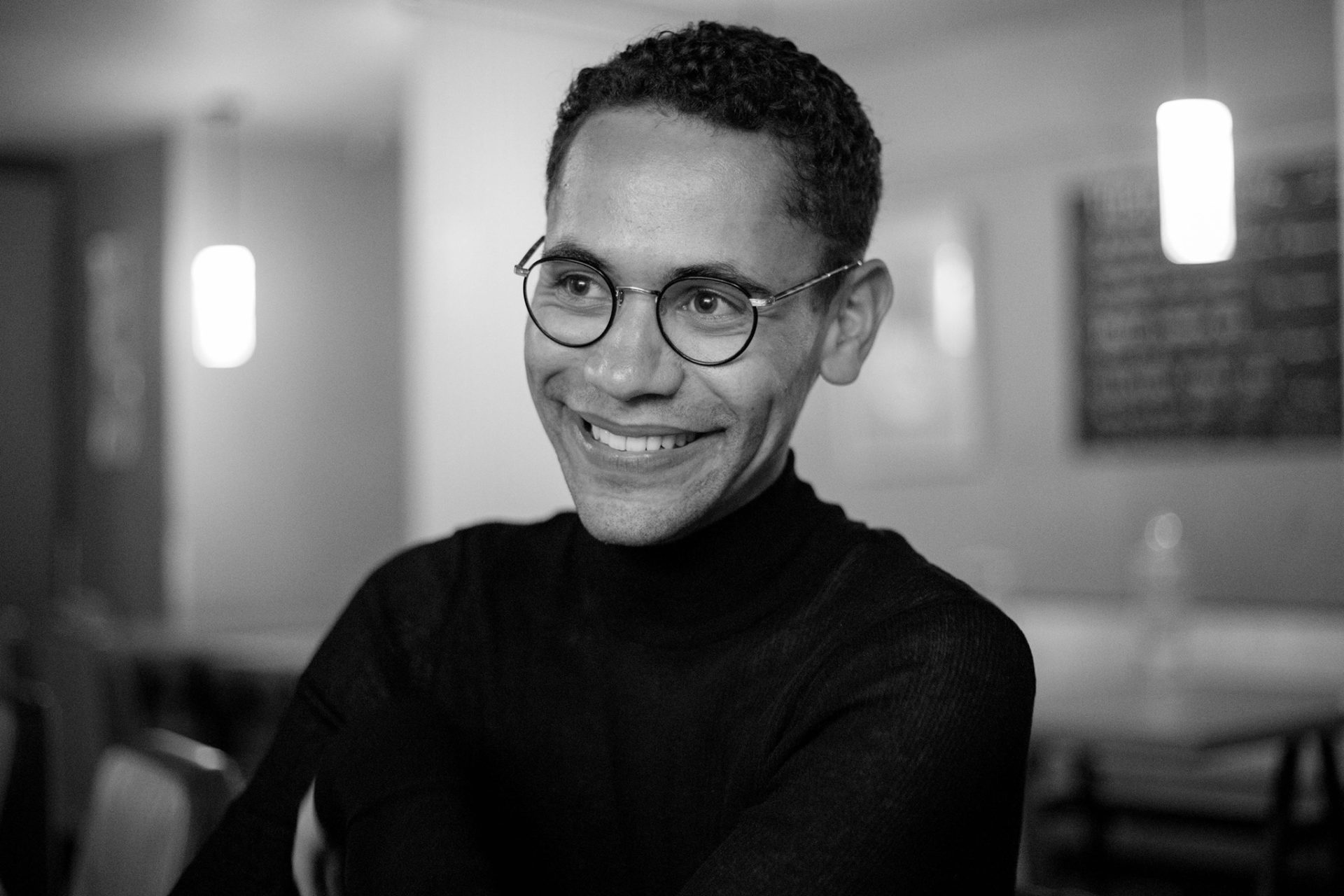On ‘Our African Roots’: A First Nations Response

My mum’s pop was an African American man from Boston who came, in the 1800s, to this particular colony. The circumstances of his coming, the trip and the reasons, are to this day unclear. What came next, however, is not: he bee-lined direct for what was then the frontier, my Gamilaraay dhawun. Pop Daniels, you see, understood that freedom in any colony is found not at the centre, but at the margins. And at this margin he found not just freedom, but love and joy and family.
Now, unlike my mum, there is some distance between me and him so that I am cautious of claiming to be Black in the way that he was Black. I am, however, certainly Black in the way that Granny Daniels was– Blackfulla Black. Nonetheless, some parts of him were still gifted to me. For one, I was blessed with that good hair that reaches for the sun. My family, also, was given old Church Rhythm and songs that remain, long before the white missionaries forced us on reserves. Some turns of phrase, too, came through his daughter – my grandmother – that have a cadence and knowledge that clearly do not come from here. Most importantly, however, he gifted to me proof that one can be in this place because of colonialism without also continuing to participate in it.
And yet ‘Our African Roots’, a documentary by Santilla Chingaipe, categorically erases this sort of Black and Black love. Instead, viewers are left listening exclusively to stories of white descendants of African settlers, who absurdly speak of people as percentages. This, if I’m honest, was unsurprising. To be a settler, of any colour, is to be someone whose existence depends on the dispossession of others. There is, because of this, a near unlodgeable guilt that festers to a stink. Usually, the solution opted for by second-gen people, is to jump on the racial hierarchy ladder, and move up and away from the smell. This documentary, in its careful choice of interviewees, seems to take this easy way out: it made abundantly clear with whom proximity was sought. In doing so, Chingaipe missed the alternative that Pop Daniels saw: a stepping back from the very idea of the colony, and a stepping toward Blackfulla ways of being. Otherwise put, a way to relate to this place that is not through the intermediate of the settler state.
I need, for a moment, to pause and circle around to address the issue of people as percentages. To not do so would render me a bad ancestor. Now, of course, Chingaipe could not and should not censor the words of the interviewees. There was, however, a dangerous negligence on behalf of Chingaipe in not providing critical context around such racial framing. Here, in this colony, Blackfullas were and are reduced to fractions in order to reduce our claim to land. This documentary, in its lack of criticality, has in the most concrete of senses further normalised this way of displacing us.
While Chingaipe did not, rightly so, censor the interviewees she did participate in a different type of erasure all together. From the ‘uninhabited wilds of the north shore’ to ‘the first multicultural families’ her loyalty to the doctrine of Terra Nullius is worryingly plain to see. While it may sound obvious to some, it clearly needs to be stated to others: our lands and waters never were and never will be uninhabited wilds. Our people never were and never will be static relics, waiting to be engaged in trade and movement and all the things that might create something like multiculturalism.
This documentary, if I’m generous, feels like it comes from a place of wanting to be seen. This is a sentiment I understand well, and so I am trying to be gentle. The view provided, however, has been no less than a diversification of the colonial project, with something close to pride attached to it. I mean this, unfortunately, not just in the historical sense. This is, to my mind, a real shame given our very many Black and Black links – from connections to the transatlantic slave trade to countless stories like Pop’s, from respective Black Panther movements to Blackfulla diasporas in South Africa. Despite all these, ‘Our African Roots’ succeeded only in shortening the gap between settler and white Australians. In this sense, it is truly colonial.
Our course, it is Chingaipe’s documentary and not mine. Perhaps the aim was in fact to be seen in the way that Blackfullas have seen her – front and centre of the colony. If that was the goal, the documentary is to be commended. If it was not, however, I promise that the margins are not so bad – as Pop Daniels knew, there’s freedom here.




